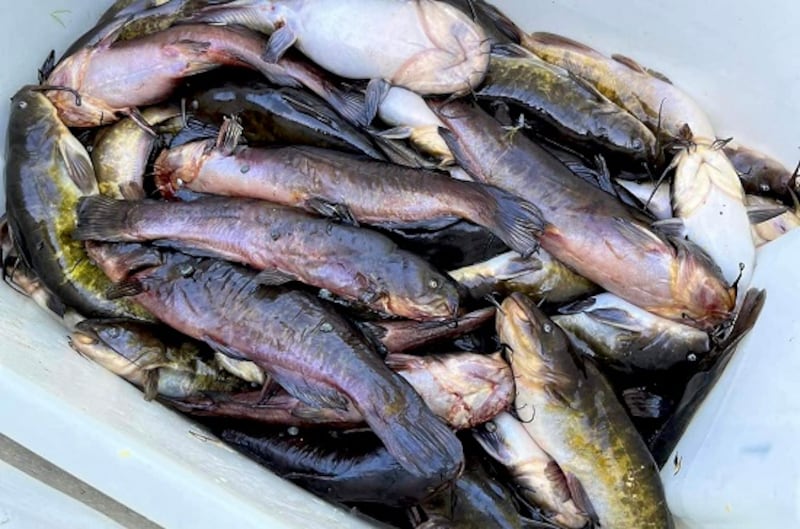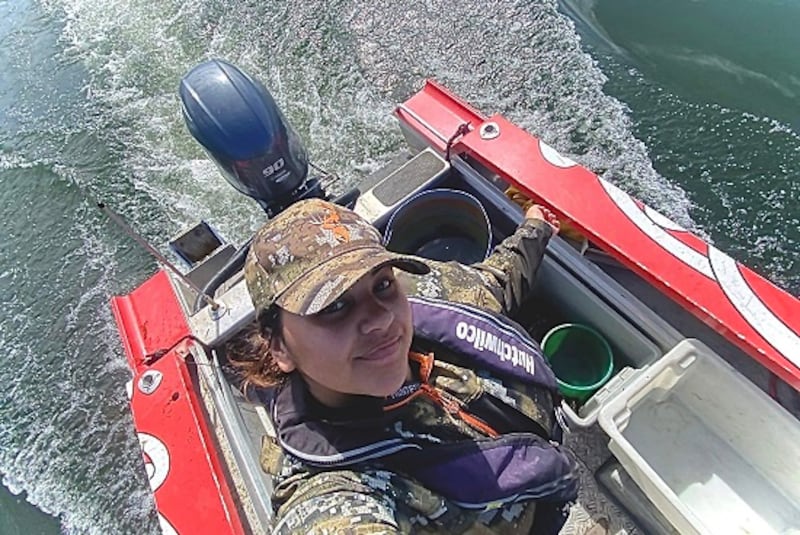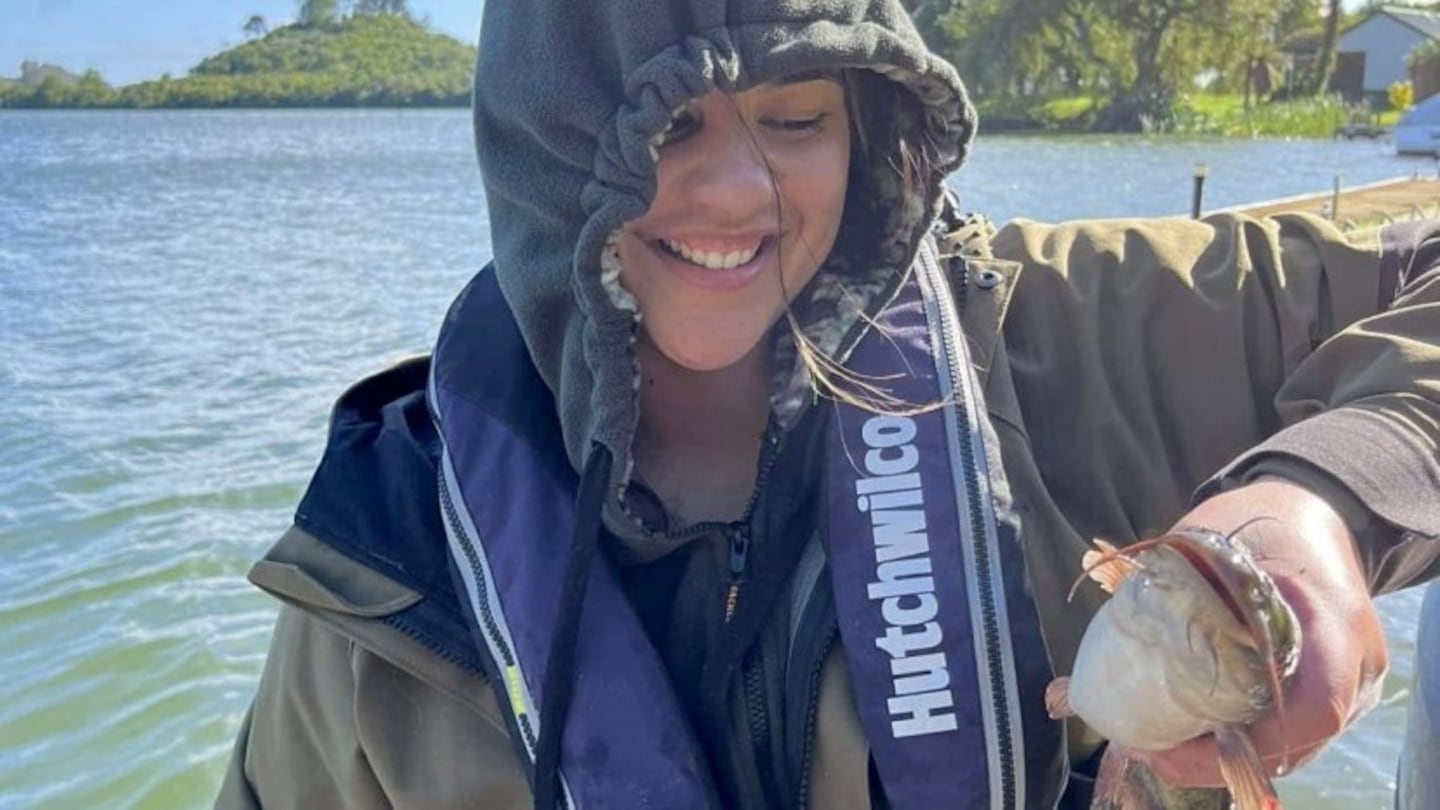A summer internship with Te Arawa Lakes Trust has inspired a rangatahi Māori to learn more about reducing the amount of catfish in Te Arawa Lakes.
Amohia Peka is of Ngāti Pikiao and has been awarded the chance to extend her education, to study for a masters degree to "characterise the normal reproductive physiological cycle of brown bullhead catfish in New Zealand and examine juvenile rearing and sexual differentiation".
Peka says she is excited to contribute to the tireless efforts made by Bay of Plenty Regional Council and Te Arawa Lakes Trust to aid in reducing the number of catfish that affect the native residents of her lakes and rivers.
“I am excited and happy to have been awarded this grant and to be able to do work like this. I’ve always lived around water, whether that be by the ocean or our lakes, I have always had love and passion when it comes to protecting our wai.”
Her master's thesis will focus on the natural reproductive cycle of catfish, and she hopes this will assist her and her colleagues to understand why they reproduce so much and what they can do to reduce the populations of catfish in Te Arawa.
“Lake Rotoiti and Lake Rotorua have a big catfish incursion. By looking at the reproductive cycle, we will be able to understand and put in place systems that will then help the decrease in our regions.

“What this means is we are hoping to look into hormonal treatments to try to sterile the species, meaning to hopefully gain control of the catfish population and, although it won’t happen overnight, our efforts will hopefully one day make a difference.”
Peka is ready and has already started her studies and gives thanks to her whānau who have helped her along the way.
“My mum inspires me to do this mahi. She supports and assists her whānau, iwi and hapū and that is what I hope to do with my mahi. Although it is in a different field of mahi, I hope to help and encourage others to join in and help our awa and roto too.”




